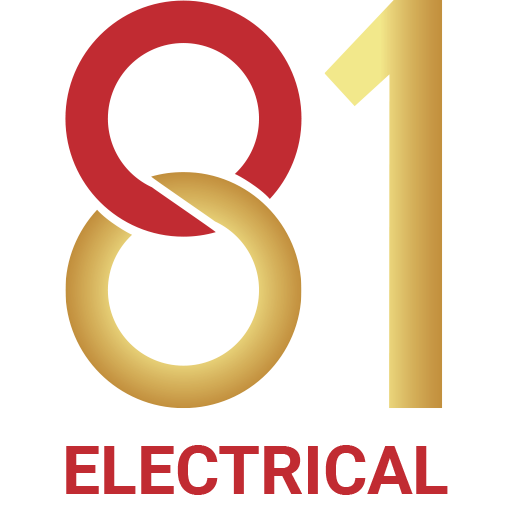Electrical Boxes: Types, Materials, and Uses

Key Takeaways:
Which Type of Switch Box Should You Use?
- Plastic Electrical Boxes (PVC or Polycarbonate): Lightweight, non-conductive, and ideal for indoor residential use.
- Metal Electrical Boxes (Steel or Galvanised Iron): Fire-resistant and durable, suitable for industrial or high-heat environments.
- Weatherproof Electrical Enclosures: UV-resistant and IP-rated, used for outdoor setups like lighting or CCTV.
- Electrical Junction Boxes: Allow safe connection and extension of wiring, available in surface or recessed options.
- Ceiling Boxes: Rated by weight to support light fixtures or ceiling fans, installed flush in the ceiling.
- Modular Switch Back Boxes: Designed for modern switch systems, available in multiple gang sizes for flexibility.
Introduction
Electrical boxes, also known as junction boxes, switch boxes, or outlet boxes, are enclosures that protect electrical connections, switches, and outlets. Understanding the different types of electrical boxes and their specific applications is critical for both safety and long-term system performance. Using the wrong box or material can lead to overheating, corrosion, or circuit failure over time.
Not sure which switch box is right for your project? This article shares the most common types and where they’re best used.
1. Plastic Electrical Boxes (PVC or Polycarbonate)
Plastic boxes are popular in residential settings due to their lightweight and non-conductive properties. They’re corrosion-resistant and ideal for indoor electrical installation service tasks, such as lighting points, switches, and wall sockets. However, they may not be suitable for outdoor or high-heat environments, given the possibility of warping, melting, or degradation when exposed to high temperatures.
2. Metal Electrical Boxes (Steel or Galvanised Iron)
Metal boxes are durable, fire-resistant, and are ideal for exposed or industrial environments where safety is critical. They are often used with metal conduit systems because they allow grounding, which enhances electrical safety. Meanwhile, it is important to ensure proper earthing and compatibility with metal fittings.
3. Weatherproof Electrical Enclosures (Outdoor Use)
Outdoor installations require weatherproof electrical enclosures that can withstand Singapore’s heat, humidity, and rain. These are typically made from UV-resistant polycarbonate or die-cast aluminium and are perfect for outdoor lighting, water heaters, or CCTV points. When installing one, remember to look for an IP rating (e.g., IP65) for proper outdoor compliance.

4. Electrical Junction Boxes
Available in both plastic and metal, electrical junction boxes are used to connect and extend wiring between circuits. They may be surface-mounted on walls or ceilings for easy access or recessed into the structure for a cleaner finish. Regardless of placement, they must remain accessible for future inspection, maintenance, or troubleshooting. For peace of mind, engage professional electrical services in Singapore to ensure the installation follows electrical safety codes.
5. Ceiling Boxes (For Lights or Fans)
Designed to support ceiling lights or fans, these boxes are installed flush with the ceiling. What sets ceiling boxes apart is their weight rating, which indicates how much load they can safely bear. This is especially important for heavier fixtures like ceiling fans or decorative light fittings. Avoid using an under-rated box, as it may lead to structural failure, sagging, or even accidents.
6. Modular Switch Back Boxes (For Switches and Sockets)
Modular switch back boxes are commonly used in Singapore homes as part of modern switch systems. They come in various configurations—such as 1-gang, 2-gang, or multi-gang sizes—to suit different functional and aesthetic needs. Whether the wall is made of drywall, concrete, or brick, there are suitable back box options to ensure a secure fit and proper cable management.
How to Choose the Right Type?
Your choice depends on several key factors, including location, load requirements, and material suitability. For instance, indoor installations typically use plastic boxes due to their cost-effectiveness and ease of installation.
Load and safety considerations are also crucial, especially for ceiling fixtures or fans. Using a weight-rated or fan-rated box ensures structural support and compliance with safety standards. Finally, metal boxes are preferred in high-heat or industrial settings for their durability, grounding capability, and fire resistance.
To ensure proper installation, engage a professional electrical company to assess your property’s requirements and ensure safety standard compliance. 81 Electrical delivers professional, end-to-end electrical service solutions in Singapore. Our licensed electricians are equipped to provide safe, efficient, and code-compliant solutions.
Contact us to find out how we can help with your next project.



